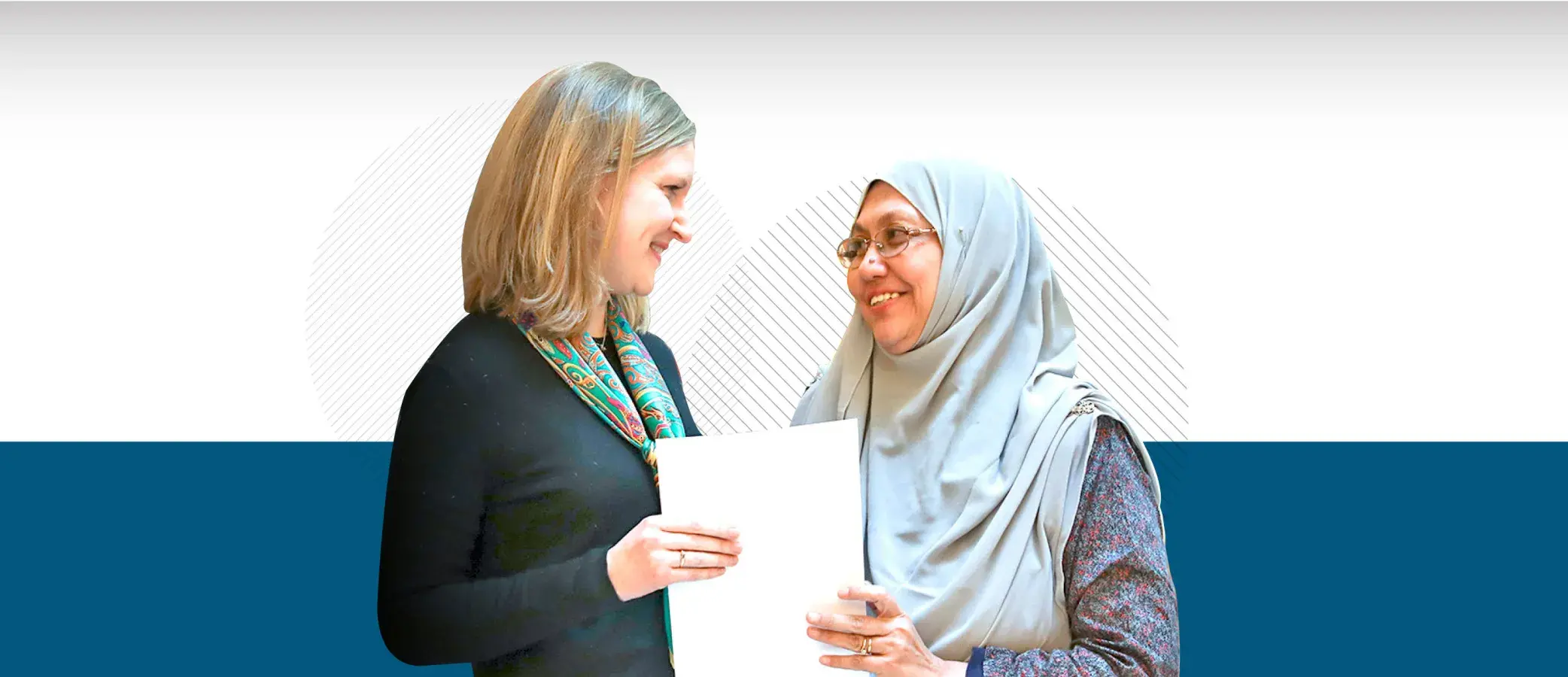Image

What is Dialogue?
Dialogue, in general, is a process that involves mutual consultation in pursuit of common understanding through active and compassionate listening in order to discover similarities and understand differences in diverse perspectives and points of view.
Dialogue is not a simple conversation, nor a debate. It is not about convincing others to agree with one’s perspective or convert them. The aim of dialogue is to overcome misunderstandings and dispel stereotypes in order to promote mutual understanding.
Dialogue is about developing mutual respect in order to build sustainable relationships. Dialogue focuses on clarifying both the similarities and the differences on any topic between two persons or groups of people. It builds bridges among those who are different to each other. It transforms human relationships from a state of ignorance or intolerance to a state of deeper understanding and respect for what is shared and what is not.

What is Interreligious/Interfaith Dialogue?
Interreligious (also sometimes called interfaith) dialogue follows the same definition as above, but with one difference: this dialogue takes place between people of different religious backgrounds who seek to learn more about one another.
Interreligious dialogue is not about winning converts or theological discussion. It concerns the discovery of similarities and differences between diverse religious/faith standpoints as a means of establishing trust and building a community of common purpose across religious boundaries.
Through interreligious dialogue, religious communities can overcome perceived and real differences to collectively address challenges in their local, national, regional, or global contexts, such as hate speech, injustice, or environmental degradation.
Through interreligious dialogue, religious communities can overcome perceived and real differences to collectively address challenges in their local, national, regional, or global contexts, such as hate speech, injustice, or environmental degradation.